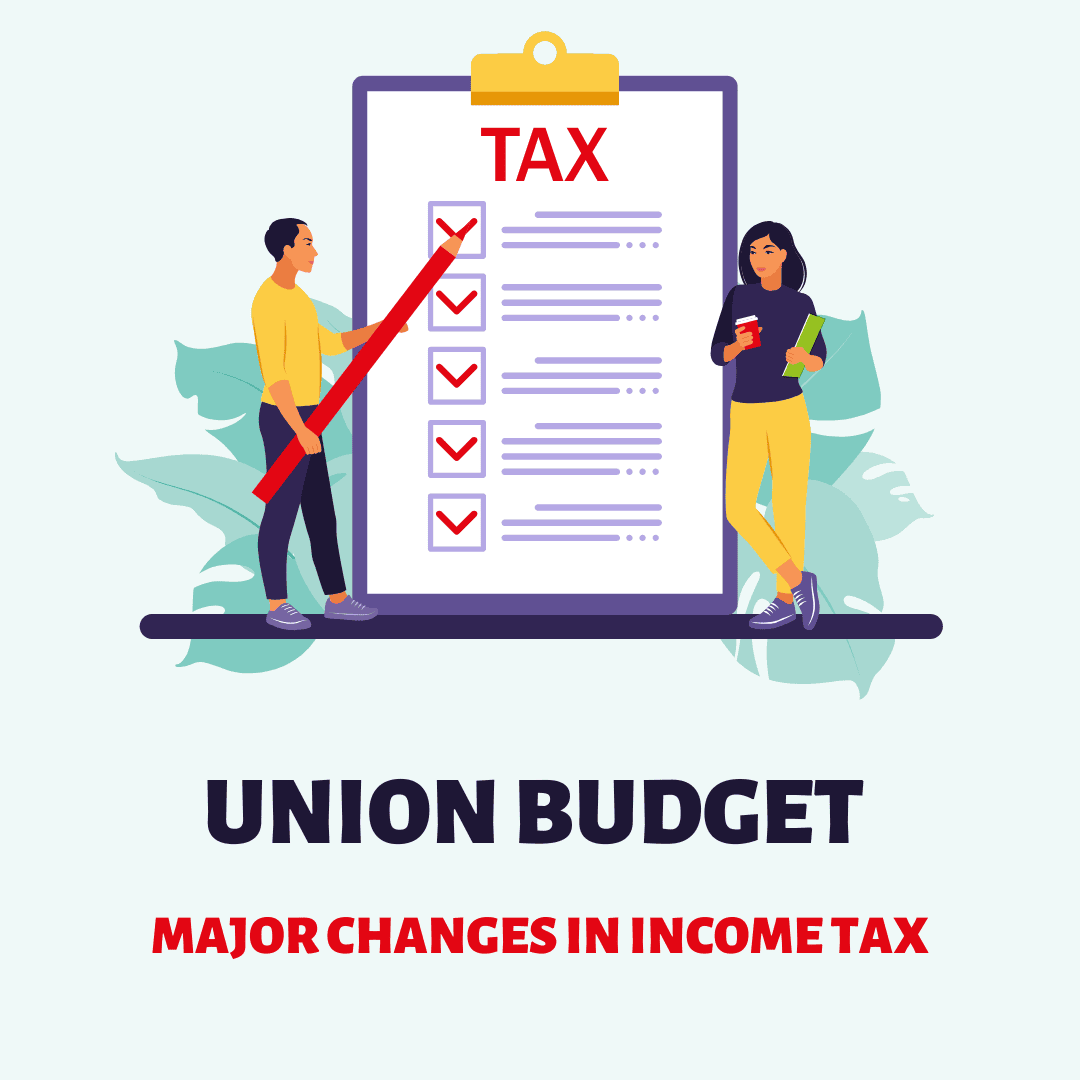As the Union Budget 2025 approaches, taxpayers and industry experts are eagerly anticipating significant changes in Income Tax Framework. Here are some of the key expected changes;

1. Revised Income Tax Slabs.One of the most anticipated changes is the revision of income tax slabs. The government is considering introducing an additional tax slab of 25% for income levels between ₹15 lakh and ₹20 lakh. Additionally, there are discussions about exempting income up to ₹10 lakh from tax, which would significantly increase disposable income for middle-class salaried individuals.
2. Increased Standard Deduction.
To ease the financial burden on salaried employees, the standard deduction is expected to be increased. Currently, the new tax regime offers a standard deduction of ₹75,000, which was raised from ₹50,000 in the previous budget. There are hopes that this limit will be further increased to provide more relief to taxpayers.
3. Capital Gains Tax Adjustments.
Revisions in capital gains taxation are also on the agenda. Experts are advocating for an increase in the exemption limit for long-term capital gains (LTCG) on equities from ₹1.25 lakh to ₹2 lakh or higher. Additionally, there are calls to restore indexation benefits for debt funds and extend these benefits to non-residents and corporates.
4. Relief for Retirees and Investors.
The government is expected to introduce measures to provide relief for retirees, particularly in debt fund taxation. Proposals include exempting LTCG tax for investors above 60-65 years at the time of redemption, ensuring a stable and low-risk investment option for retirees.
5. Tax Relief on Housing Investments.
Tax relief on housing investments is another key area of focus. There are proposals to increase the interest deduction limit under Section 24(b) from ₹2 lakh to ₹3 lakh. Additionally, exemptions under Sections 54 and 54F, currently limited to residential properties, may be extended to business properties to support economic growth.
6. Simplification of Tax Processes
The budget is also expected to address the need for simplifying tax processes, particularly for non-residents. This includes aligning tax rates and holding periods across various sub-asset classes and abolishing the Securities Transaction Tax (STT) now that LTCG tax on securities is on par with other assets.
Conclusion
The Union Budget 2025 promises to bring significant changes to the income tax framework, aimed at providing relief to taxpayers, boosting disposable income, and simplifying tax processes. These changes are expected to have a positive impact on the economy and enhance taxpayer confidence.
Stay tuned for the official announcements on February 1, 2025, to see how these proposed changes will be implemented
One of the most anticipated changes is the revision of income tax slabs. The government is considering introducing an additional tax slab of 25% for income levels between ₹15 lakh and ₹20 lakh. Additionally, there are discussions about exempting income up to ₹10 lakh from tax, which would significantly increase disposable income for middle-class salaried individuals.
2. Increased Standard Deduction.
To ease the financial burden on salaried employees, the standard deduction is expected to be increased. Currently, the new tax regime offers a standard deduction of ₹75,000, which was raised from ₹50,000 in the previous budget. There are hopes that this limit will be further increased to provide more relief to taxpayers.
3. Capital Gains Tax Adjustments.
Revisions in capital gains taxation are also on the agenda. Experts are advocating for an increase in the exemption limit for long-term capital gains (LTCG) on equities from ₹1.25 lakh to ₹2 lakh or higher. Additionally, there are calls to restore indexation benefits for debt funds and extend these benefits to non-residents and corporates.
4. Relief for Retirees and Investors.
The government is expected to introduce measures to provide relief for retirees, particularly in debt fund taxation. Proposals include exempting LTCG tax for investors above 60-65 years at the time of redemption, ensuring a stable and low-risk investment option for retirees.
5. Tax Relief on Housing Investments.
Tax relief on housing investments is another key area of focus. There are proposals to increase the interest deduction limit under Section 24(b) from ₹2 lakh to ₹3 lakh. Additionally, exemptions under Sections 54 and 54F, currently limited to residential properties, may be extended to business properties to support economic growth.
6. Simplification of Tax Processes
The budget is also expected to address the need for simplifying tax processes, particularly for non-residents. This includes aligning tax rates and holding periods across various sub-asset classes and abolishing the Securities Transaction Tax (STT) now that LTCG tax on securities is on par with other assets.
Conclusion
The Union Budget 2025 promises to bring significant changes to the income tax framework, aimed at providing relief to taxpayers, boosting disposable income, and simplifying tax processes. These changes are expected to have a positive impact on the economy and enhance taxpayer confidence.
Stay tuned for the official announcements on February 1, 2025, to see how these proposed changes will be implemented

